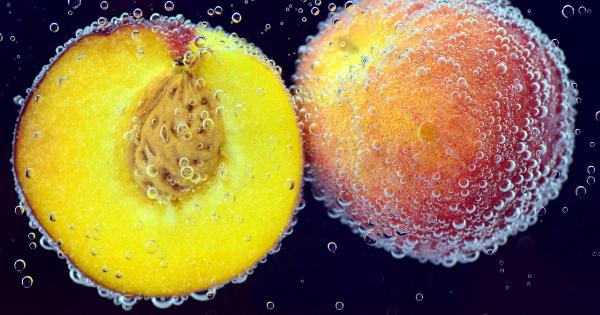Understanding the Connection between Wine and Headaches
Wine is considered to be one of the most popular alcoholic beverages worldwide. Many people enjoy a glass of wine with their meals or during social gatherings.
However, some individuals may experience headaches after consuming wine, leaving them wondering about the possible connection between wine and these headaches. In this article, we will delve deeper into this topic and explore the potential causes of wine-induced headaches.
Types of Wine
Before we discuss the potential connection between wine and headaches, it is essential to understand that not all wines are the same. Wine can be broadly categorized into three main types: red, white, and rosé.
Red wines are produced from dark-colored grapes and often have a richer and bolder flavor profile. White wines, on the other hand, are typically made from green or yellow grapes and tend to have a crisper and lighter taste. Lastly, rosé wines are made from a combination of red and white grapes and possess a pinkish hue.
Sulfites in Wine
One of the most widely debated factors in the connection between wine and headaches is the presence of sulfites. Sulfites are commonly used in winemaking to prevent oxidation and preserve wine’s freshness.
Many people believe that sulfites can trigger headaches, particularly in individuals who are sensitive to these compounds. However, research on this topic has produced inconclusive results, making it challenging to establish a direct cause-and-effect relationship between sulfites and wine-induced headaches.
Tannins and Histamines
Tannins are natural compounds present in wine, primarily found in the skins, seeds, and stems of grapes. They contribute to the bitter taste and astringency of wine.
Some individuals may be more sensitive to tannins, and their consumption could potentially lead to headaches. Similarly, histamines, which are also abundant in wine, can cause headaches in certain individuals.
Histamine intolerance can vary from person to person, with some people experiencing symptoms like headaches, congestion, and skin reactions after consuming histamine-rich foods and beverages, including wine.
Alcohol and Dehydration
Alcohol itself is known to be a diuretic, which means it can increase urine production and contribute to dehydration. Dehydration, in turn, can lead to headaches.
Wine typically contains alcohol, and excessive consumption without proper hydration can potentially result in headaches. Additionally, alcohol can dilate blood vessels in the brain, causing a headache or migraine-like symptoms. It is important to drink wine in moderation and ensure adequate hydration to minimize the risk of alcohol-induced headaches.
Sugar Content and Hangovers
Another factor that may contribute to headache development after consuming wine is the sugar content. Some wines, particularly certain types of white and rosé wines, can have higher levels of residual sugar.
Excessive consumption of sweet wines can lead to a rapid increase in blood sugar levels, followed by a subsequent crash. This blood sugar rollercoaster can trigger headaches or migraines. Additionally, overindulging in alcohol, including wine, can lead to a hangover, which often includes symptoms such as headaches, fatigue, and nausea.
Personal Sensitivities and Triggers
Individuals can have unique sensitivities and triggers that may contribute to wine-induced headaches. For some, it could be specific compounds like sulfites, tannins, or histamines.
Others may experience headaches due to a combination of factors, such as alcohol sensitivity, dehydration, or individual susceptibility to hangovers. It is crucial to pay attention to personal reactions and triggers to identify the specific cause of wine-related headaches.
Preventing Wine-Related Headaches
If you are prone to wine-induced headaches, there are several steps you can take to minimize their occurrence:.
- Choose wines with lower sulfite levels or opt for sulfite-free wines, if available.
- Drink in moderation and avoid excessive alcohol consumption.
- Stay hydrated by drinking water alongside wine and continue to hydrate afterward.
- Avoid consuming wine on an empty stomach, as food can help mitigate the impact of alcohol.
- Consider tracking your wine consumption and reactions in a journal to identify patterns and triggers.
- Consult with a healthcare professional if your headaches persist or significantly interfere with your daily life.
Conclusion
While the connection between wine and headaches is complex and multifactorial, several potential causes have been identified. Sulfites, tannins, histamines, alcohol, dehydration, and sugar content can all contribute to wine-induced headaches.
Understanding personal sensitivities and taking proactive measures, such as choosing wines wisely and staying hydrated, can help minimize the likelihood of experiencing wine-related headaches. As with any health concern, it is essential to listen to your body and seek professional advice if needed.




























